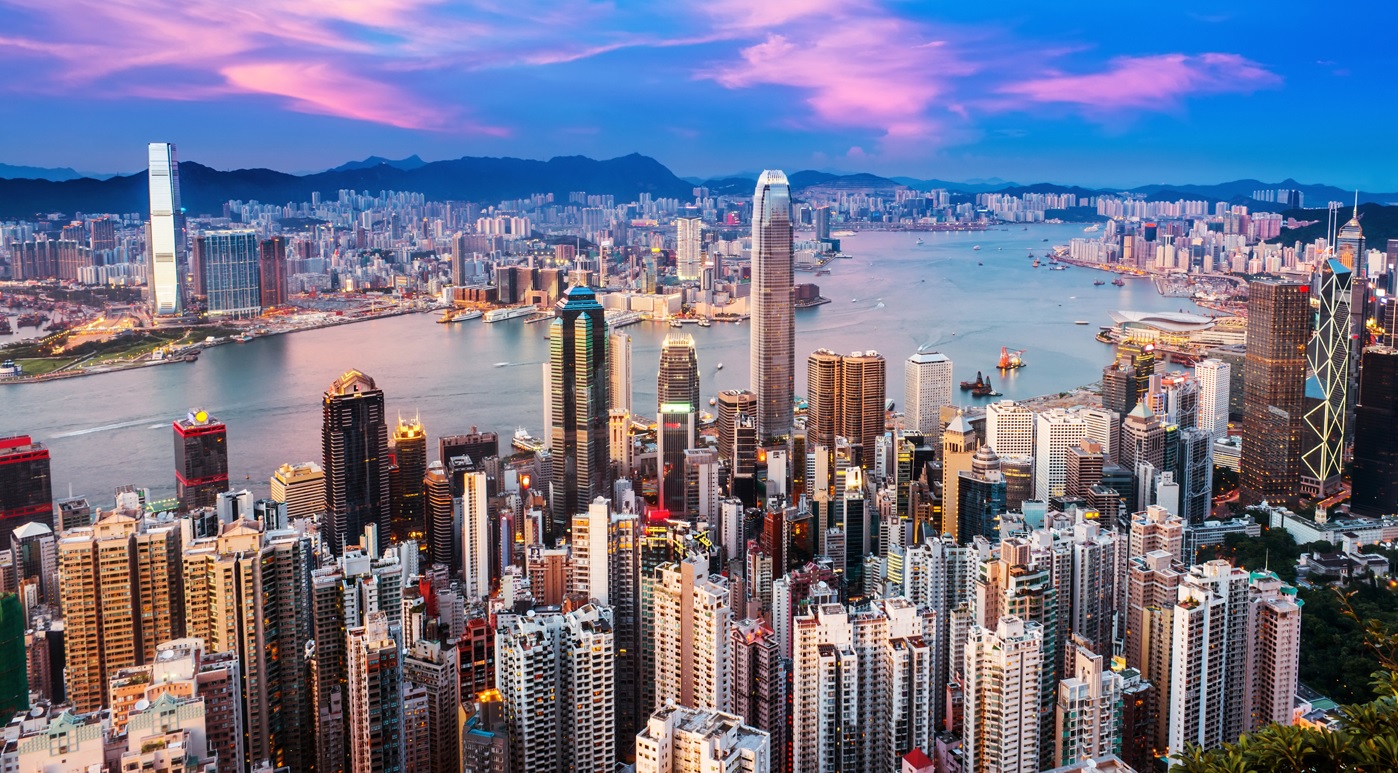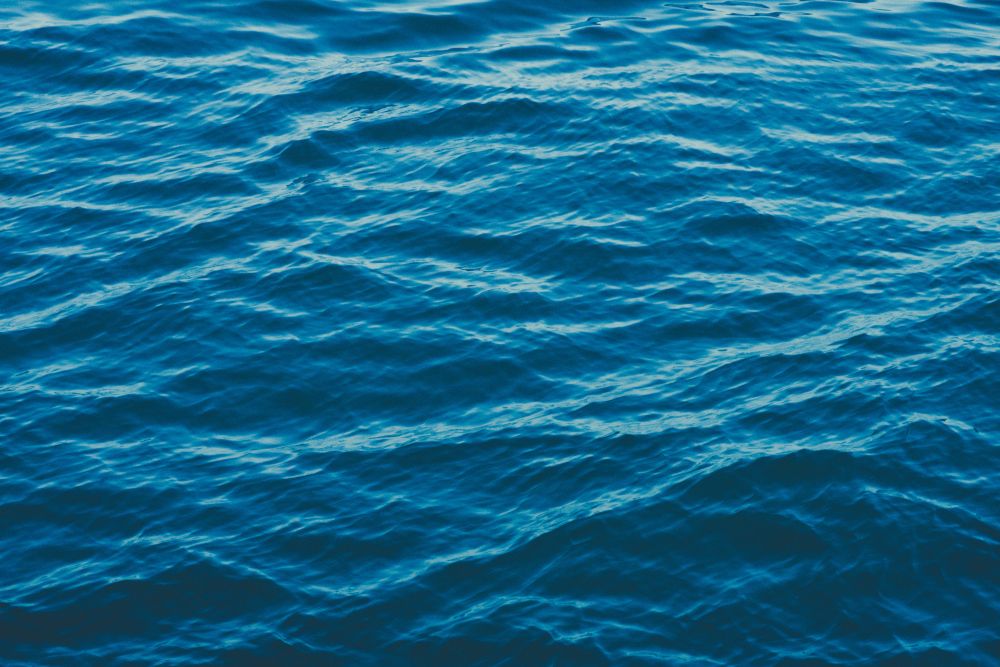

| Cruise Region : Asia |
| Company : Royal Caribbean International |
| Ship : Spectrum of the Seas |
| Journey Start : Fri 03 Jan 2025 |
| Journey End : Tue 07 Jan 2025 |
| Count Nights : 4 nights |
| Day | Port | Date | Arrival | Departure |
|---|---|---|---|---|
| 1 | Hong Kong / China | Fri 03 Jan | 17:00 | |
| 2 | Day at sea / Sea | Sat 04 Jan | ||
| 3 | Danang (Hue) / Vietnam | Sun 05 Jan | 07:00 | 19:00 |
| 4 | Day at sea / Sea | Mon 06 Jan | ||
| 5 | Hong Kong / China | Tue 07 Jan | 06:00 |
Accommodation in a cabin of the selected category;
All-inclusive meals (except for alternative restaurants);
non-ferrous drinks: water, tea, coffee at self-service points on the ship;
cultural program on board: evening shows, theater, live music, etc.;
visiting nightclubs and discos;
active entertainment on board;
visiting the library;
participation of children in children's clubs;
visiting swimming pools and jacuzzi;
gym and sports court;
steward services and cabin cleaning;
port fees and taxes.
air travel;
transfers;
visas along the route;
hotel before and after the cruise (if necessary);
tips for staff*;
alternative restaurants;
alcoholic and some non-alcoholic drinks;
Internet and telephone on board;
casino on board;
laundry/dry cleaning services;
beauty salon, SPA center;
excursions in ports (optional).
*The size of the tip depends on the chosen cabin category:
Interior cabin/window/balcony/Junior suite – $18.00 /person/night
Suite (except Junior Suite) – $20.50 /person/night

Hong Kon, officially the Hong Kong Special Administrative Region of the People's Republic of China, is a special administrative region on the eastern side of the Pearl River estuary in southern China. With over 7.4 million people of various nationalities in a 1,104-square-kilometre (426 sq mi) territory, Hong Kong is the world's fourth most densely populated region.
Hong Kong became a colony of the British Empire after Qing China ceded Hong Kong Island at the end of the First Opium War in 1842. The colony expanded to the Kowloon Peninsula in 1860 after the Second Opium War, and was further extended when Britain obtained a 99-year lease of the New Territories in 1898. The territory was returned to China when the lease expired in 1997. As a special administrative region, Hong Kong's system of government is separate from that of mainland China and its people overwhelmingly identify as Hongkongers rather than Chinese.
Originally a sparsely populated area of farming and fishing villages, the territory has become one of the world's most significant financial centres and commercial ports. It is the world's seventh-largest trading entity, and its legal tender (the Hong Kong dollar) is the world's 13th-most-traded currency. Although the city has one of the highest per capita incomes in the world, it has severe income inequality.
The territory has the largest number of skyscrapers in the world, most surrounding Victoria Harbour. Hong Kong ranks seventh on the UN Human Development Index, and has the sixth-longest life expectancy in the world. Although over 90 per cent of its population uses public transportation, air pollution from neighbouring industrial areas of mainland China has resulted in a high level of atmospheric particulates.


Da Nang is the fifth largest city in Vietnam after Ho Chi Minh City, Hanoi, Haiphong and Can Tho in terms of urbanization and economy. Located on the coast of the South China Sea at the mouth of the Han River, it is one of Vietnam's most important port cities. As one of the country's five direct-controlled municipalities, it is under the direct administration of the central government.
Da Nang is the commercial and educational centre of Central Vietnam, as well as being the largest city in the region. In addition to its well-sheltered, easily accessible port, Da Nang's location on the path of National Route 1A and the North–South Railway makes it a hub for transportation. It is located within 100 km (62 mi) of several UNESCO World Heritage Sites, including the Imperial City of Hue, the Old Town of Hoi An, and the My Son ruins. The city was previously known as Cửa Hàn during early Đại Việt settlement, and as Tourane (or Turon) during French colonial rule. Before 1997, the city was part of Quang Nam-Da Nang Province.
On 1 January 1997, Da Nang was separated from Quảng Nam Province to become one of four independent (centrally controlled) municipalities in Vietnam. Da Nang is listed as a first class city, and has a higher urbanization ratio than any of Vietnam's other provinces or centrally governed cities.


Hong Kon, officially the Hong Kong Special Administrative Region of the People's Republic of China, is a special administrative region on the eastern side of the Pearl River estuary in southern China. With over 7.4 million people of various nationalities in a 1,104-square-kilometre (426 sq mi) territory, Hong Kong is the world's fourth most densely populated region.
Hong Kong became a colony of the British Empire after Qing China ceded Hong Kong Island at the end of the First Opium War in 1842. The colony expanded to the Kowloon Peninsula in 1860 after the Second Opium War, and was further extended when Britain obtained a 99-year lease of the New Territories in 1898. The territory was returned to China when the lease expired in 1997. As a special administrative region, Hong Kong's system of government is separate from that of mainland China and its people overwhelmingly identify as Hongkongers rather than Chinese.
Originally a sparsely populated area of farming and fishing villages, the territory has become one of the world's most significant financial centres and commercial ports. It is the world's seventh-largest trading entity, and its legal tender (the Hong Kong dollar) is the world's 13th-most-traded currency. Although the city has one of the highest per capita incomes in the world, it has severe income inequality.
The territory has the largest number of skyscrapers in the world, most surrounding Victoria Harbour. Hong Kong ranks seventh on the UN Human Development Index, and has the sixth-longest life expectancy in the world. Although over 90 per cent of its population uses public transportation, air pollution from neighbouring industrial areas of mainland China has resulted in a high level of atmospheric particulates.